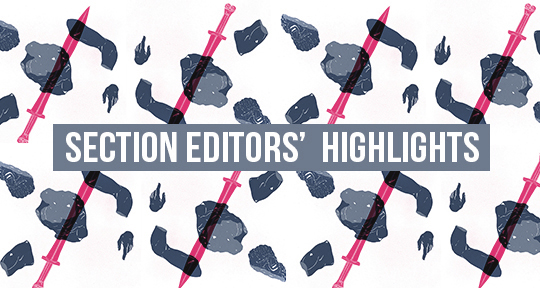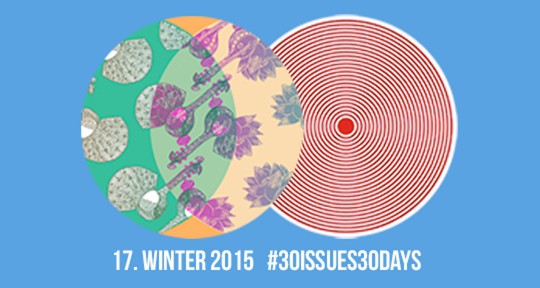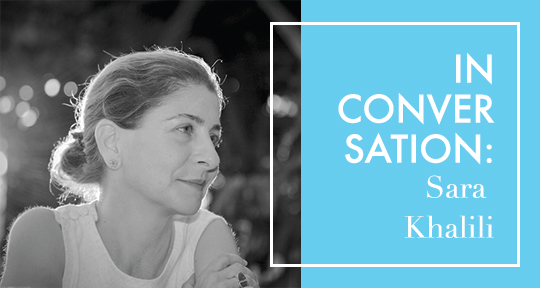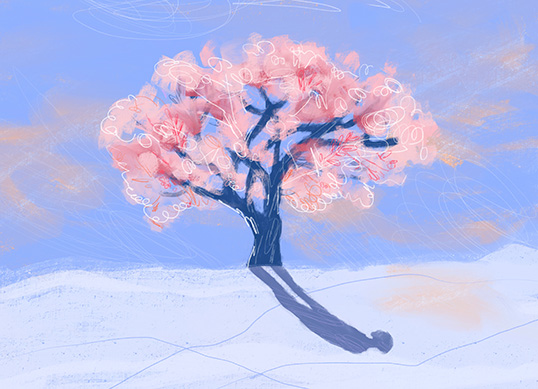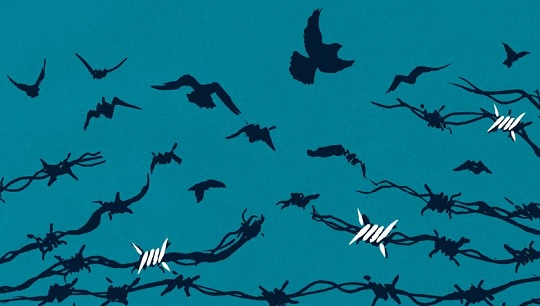This week is an exciting one in the world of literature, and our editors are bringing you dispatches from the ground. Xiao Yue Shan discusses the winners of the 2018 and 2019 Nobel Prize in Literature. Julia Sherwood reports on a march from Prague to Terezín, a concentration camp established by the Nazis during their occupation of the Czech Republic. Poupeh Missaghi gives an account of literary podcasts in Iran, as well as the government’s role in quality control and censorship. Filip Noubel brings us an introduction of several new titles from the established authors of Uzbekistan.
Xiao Yue Shan, Assistant Blog Editor, reporting on the Nobel Prize for Literature
The long-awaited Nobel Prize in Literature announcement of 2019 was prefaced by the usual barrage of news and predictions—some cynical, some vaguely hopeful, and most of which hedged their bets on women writers and/or authors who did not write predominantly in English. After the controversy of last year’s award (or the lack thereof), it followed a natural trajectory that our current politics lead us to search for brilliant literary representation that breaches the limits of our accepted canon of well-celebrated white men, and the Swedish Academy had seemed eager to prove themselves to be advocates for social progress, as they once again took on the role of alighting the flames of literary luminaries that will forever be enshrined as embodiments of success in the world of letters.
In a case of half-fulfillment, the 2018 Nobel Prize in Literature went to Asymptote contributor Olga Tokarczuk, and the 2019 Prize was awarded to the prolific Austrian writer Peter Handke. The latter aroused quite the maelstrom of negative responses, even with most still acknowledging his significant contributions and his fearlessly bold oeuvre, while the former is being hailed as a well-deserving, original, feminist voice, standing in the exact spot of where the spotlight should be shone.


